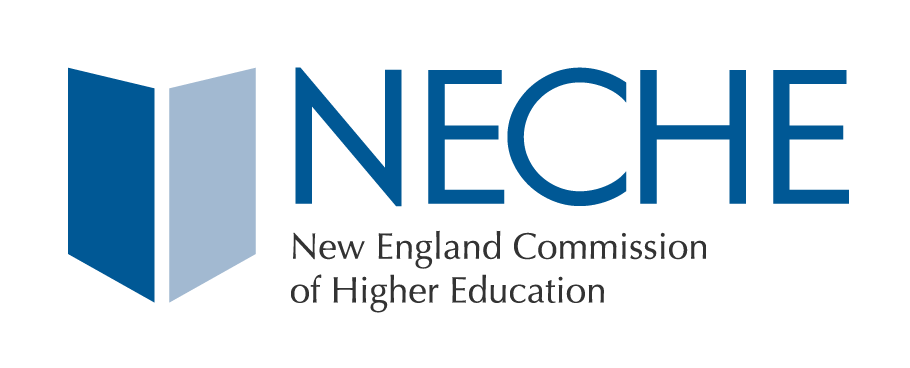Our road trip began over a delightful dinner with Susan Huard, who serves as both a Commissioner of NECHE and Interim Chancellor of the Community College System of New Hampshire. CCSNH oversees seven institutions: Great Bay Community College, Lakes Region Community College, Manchester Community College, Nashua Community College, River Valley Community College, White Mountains Community College, and NHTI -Concord’s Community College. Each of these is essential to its region and critically important to the people who live there.

Upon her “retirement”after nearly a decade as President of Manchester Community College (see Pit Stop #4), Huard agreed to step into the Interim Chancellor role for fourteen months and I can tell you she is busy doing the work — the hard work. New Hampshire, like other New England states, is facing severe demographic challenges with a declining college-age population, as well as very significant financial issues made worse, of course, by the pandemic that has devastated state budgets. Community colleges, because they cater mostly to adult students and the under-resourced, have seen enrollments drop as people lose jobs, work more, and have less time.

Chancellor Huard shared that, because she knows the system intimately and isn’t looking for another job or worried about her legacy, she feels able to help make decisions that will be necessary for the system to evolve and stay vibrant and healthy. Despite all the trauma brought on by the pandemic, Susan also believes some good will come out of it, accelerating many of the necessary changes that were already in the works. One example is developing new models for delivering popular programs, like the training process for Licensed Practical Nurses (LPN).

The program and faculty are based at River Valley, which serves as home to the program system-wide. Lakes Region, meanwhile, can offer the degree to its students through River Valley instead of entirely on its own. Through this collaboration and partnership, institutions which would not be able to provide such a cost-intensive program can still offer it to its region. CCSNH is exploring launching other programs with a similar model, delivered from a single campus across the system. It sounds simple, but complications abound in accreditation issues, faculty issues, and revenue issues that all have to be worked through on each campus before such collaborative programs can be rolled out. And none of those hurdles are easy to clear.

Susan shared some history of community colleges in New Hampshire. They were, in her words, late to the game, only becoming a system in 2007. Yet she also noted that there were some advantages in being tardy and learning from the mistakes of others. One result: New Hampshire developed a more coordinated and structured approach than some of its peers.

I don’t want to steal too much thunder from Dr. Huard’s conversation with me. I know you will enjoy listening to her as much as I do!

